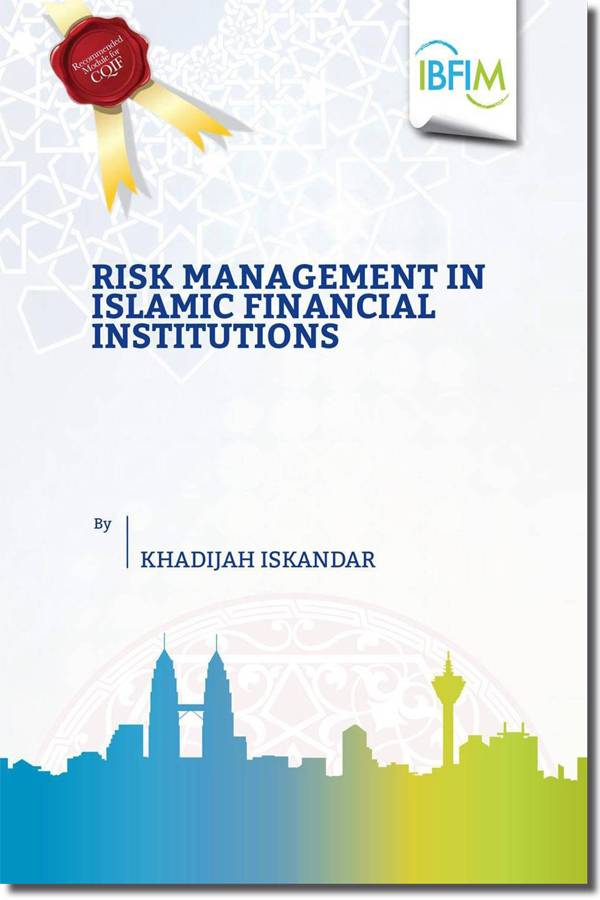In the evolving landscape of finance, understanding the fundamentals of risk management is crucial—especially within the context of Islamic finance. Islamic financial institutions operate under unique principles that align with Sharia law, which mandates ethical considerations and risk-sharing practices. As such, the integration of risk management in Islamic financial management is not merely a regulatory requirement but an ethical necessity. This article dives deep into the key aspects of risk management in Islamic financial institutions, highlighting its importance in shaping effective Islamic financial management strategies.
Understanding Risk Management in Islamic Financial Management
Risk management within Islamic financial institutions embodies the essential principles of Sharia compliance and aims to ensure that financial activities are conducted in a manner that avoids unethical behavior while maintaining a balanced risk profile. The concept of risk is multifaceted, involving market risks, operational risks, credit risks, and liquidity risks, among others. The dynamic nature of global finance necessitates a keen understanding of these risks, particularly in an environment that is grounded in Islamic financial management principles.
The Role of Sharia Compliance in Risk Management
Sharia compliance is at the heart of Islamic finance and directly influences risk management practices within Islamic financial institutions. Sharia law restricts certain types of risks deemed excessive or unjust, such as riba (interest) and gharar (ambiguity). Thus, any risk management strategy adopted must align with these core principles, ensuring that the institution operates in an ethical and responsible manner. By implementing Sharia-compliant risk management frameworks, Islamic financial institutions can create robust and sustainable risk profiles.
Effective Risk Management Frameworks in Islamic Financial Management
The establishment of effective risk management frameworks is essential for the health and growth of Islamic financial institutions. These frameworks must incorporate various instruments and strategies that are compliant with Sharia law while addressing specific risks. For instance, profit-sharing mechanisms such as mudarabah and musharakah can be utilized to mitigate risks by distributing them among participating parties. This practice not only aligns with Islamic financial management principles but also fosters a sense of community and partnership.
Building a Risk-Aware Culture in Islamic Financial Institutions
A crucial aspect of risk management in Islamic financial institutions is the promotion of a risk-aware culture among employees and stakeholders. This involves training and education that emphasize the importance of risk assessment and the adherence to Sharia compliance. By instilling a proactive approach to risk management, organizations can better navigate challenges and seize opportunities that align with their Islamic financial management goals.
Technological Innovations Enhancing Risk Management
In today’s digital age, technology plays a vital role in enhancing risk management practices within Islamic financial institutions. Advanced analytics, artificial intelligence, and blockchain technology can provide valuable insights into risk exposure and help mitigate potential threats. By leveraging these technological innovations, institutions can improve their decision-making processes and develop more sophisticated Islamic financial management strategies.
Image Representation of Islamic Financial Management
This illustration represents the significant literature surrounding risk management in Islamic financial institutions, providing a visual connection to the topic discussed.
Challenges in Risk Management for Islamic Financial Institutions
Despite the advantages of adopting risk management practices, Islamic financial institutions face unique challenges. For instance, varying interpretations of Sharia law can complicate compliance processes, and the lack of standardized regulations can create inconsistencies in risk management practices. Addressing these challenges requires collaboration among scholars, regulators, and financial practitioners to establish a cohesive framework that upholds the tenets of Islamic financial management while managing risks effectively.
Best Practices for Enhancing Islamic Financial Management
To enhance risk management in Islamic financial institutions, several best practices should be adopted:
- Regular Training and Development: Continuous education for employees about the latest risk management practices and Sharia compliance is essential for maintaining high standards.
- Integration of Risk Management into Business Strategy: Risk management should not be viewed as a standalone function but integrated into the overall business strategy of the institution.
- Collaboration with Sharia Scholars: Engaging with scholars ensures that the financial products and services offered are compliant with Sharia law, reinforcing trust with clients and stakeholders.
- Utilizing Technology: Incorporating modern technology in risk assessment and analysis will enhance the ability to manage risks proactively.
The Future of Islamic Financial Management
As the global financial landscape continues to evolve, Islamic financial management will need to adapt and grow. The integration of risk management into this sector is paramount to ensuring its sustainability and ethical standing. Institutions that proactively embrace risk management as an integral part of their operations will be better positioned to navigate uncertainties and capitalize on opportunities that promote growth and resilience.
Conclusion
In conclusion, risk management holds a pivotal role in the practices of Islamic financial management. By understanding the principles of Sharia law and its implications on risk, Islamic financial institutions can develop robust frameworks that ensure compliance while promoting ethical finance. The future of Islamic financial management depends heavily on the proactive management of risks and the integration of innovative solutions to meet the challenges of a changing marketplace. Emphasizing a risk-aware culture and employing best practices will not only protect institutions from potential threats but also bolster their reputation as leaders in ethical finance.



